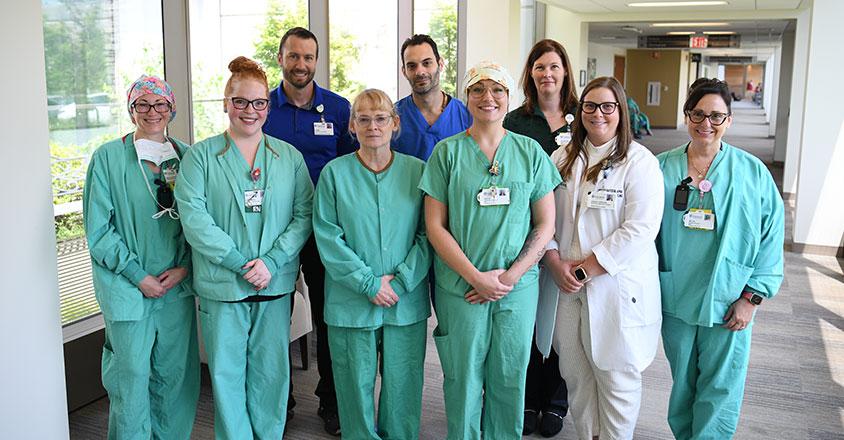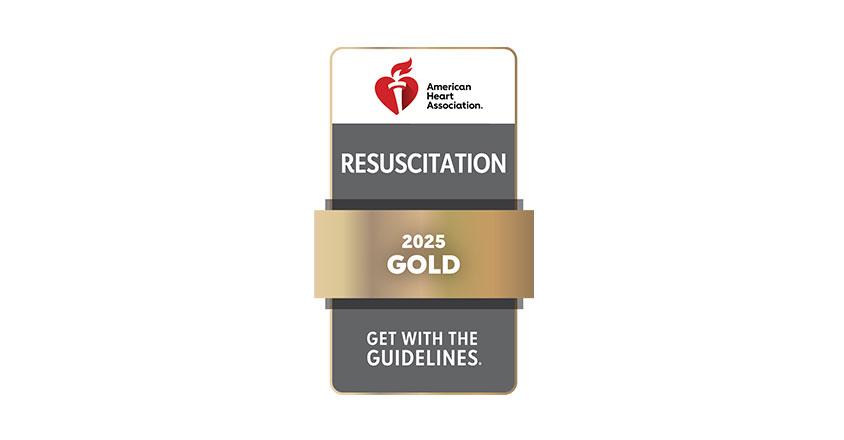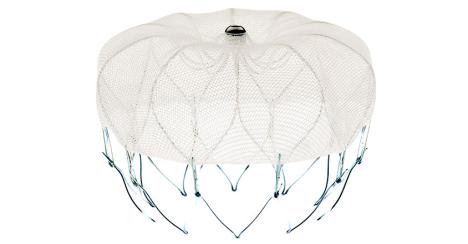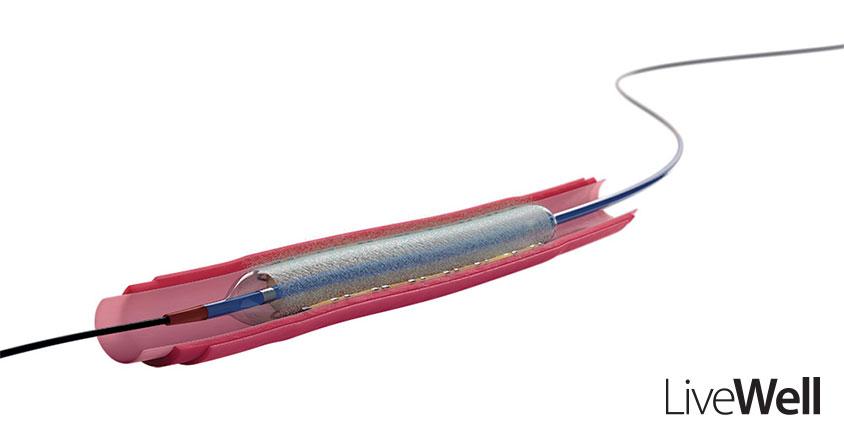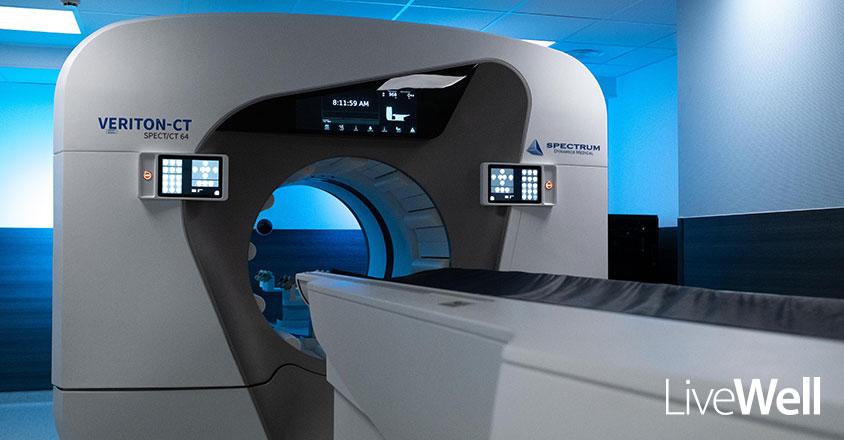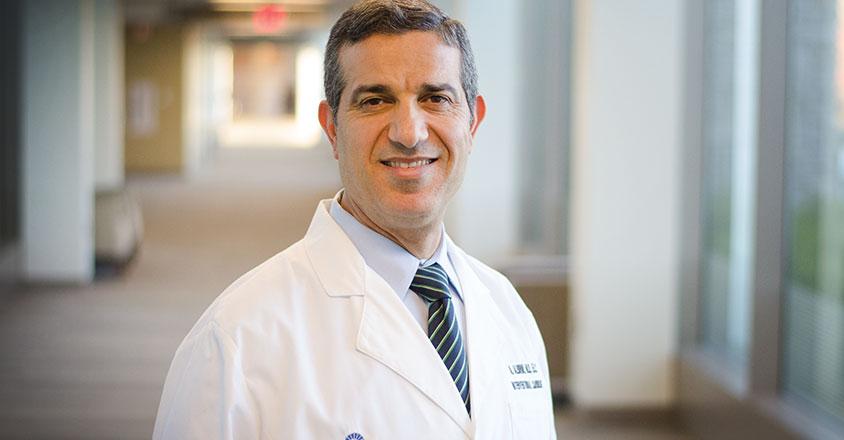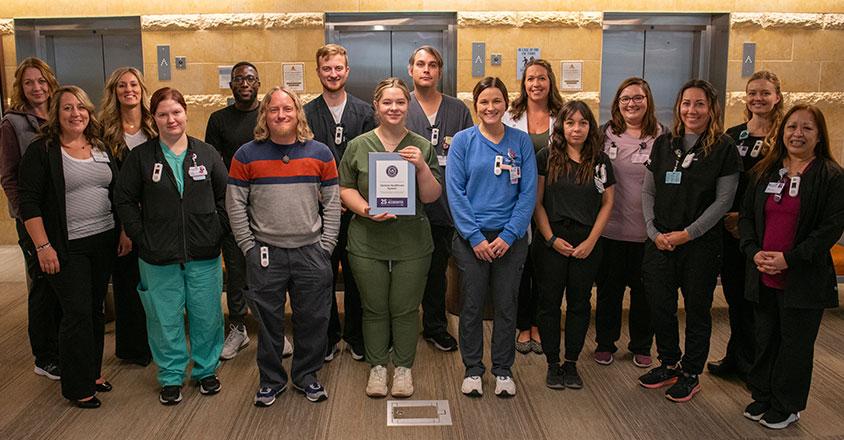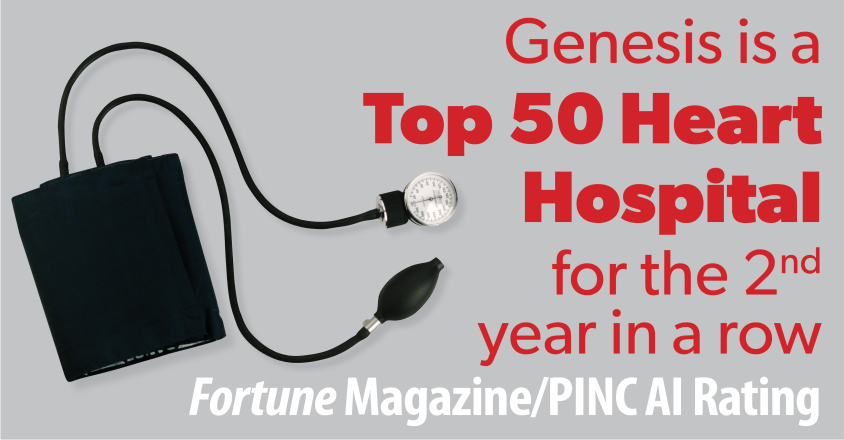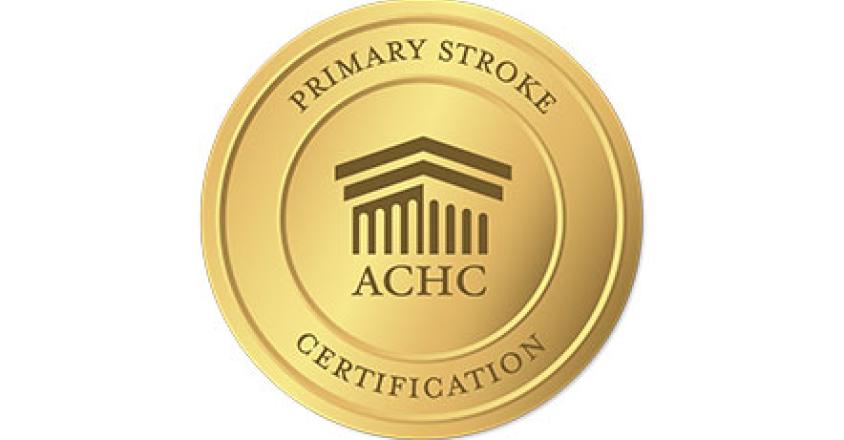25 years of more heartbeats
Your courage, our first step
On Oct. 30, 2000, something incredible happened. You made history. One of your neighbors became the first patient to undergo open-heart surgery at Genesis HealthCare System. That patient’s courage represented the trust our community placed in us. Trust that led to that person and many others celebrating more holidays, more birthdays and even more ordinary Monday mornings filled with extraordinary meaning.
Because you, our community, believed in us, thousands of your friends, family members and neighbors have since turned to Genesis for advanced heart care. Your commitment to choosing local care has made it possible for countless people to live longer, healthier lives while receiving care where they live.
Growing because you deserve the best
You asked for world-class heart care close to home, and we listened. With your support, Genesis has continued to expand and improve:
• Recruiting highly skilled and experienced physicians.
• Investing in innovative technologies like Cardiac CTA, robotic-assisted surgery platforms and SPECT/CT.
• Offering life-changing minimally invasive procedures such as transcatheter aortic valve replacement (TAVR), MitraClip, the convergent procedure and many more.
These advancements mean smaller incisions, faster recovery, shorter hospital stays and more time for you to get back to the life you love.
You are at the heart of it all
Genesis’ national recognition in heart care is not just our achievement. It’s yours. Every award, every innovation and every life saved started with your belief that great care could happen right here in our community.
Thank you for trusting us with your hearts for the past 25 years. We look forward to celebrating many more milestones, together.
Your heart matters. Visit genesishcs.org/heart for more information.

Thank you for trusting us with your hearts for the past 25 years. We look forward to celebrating many more milestones, together.
